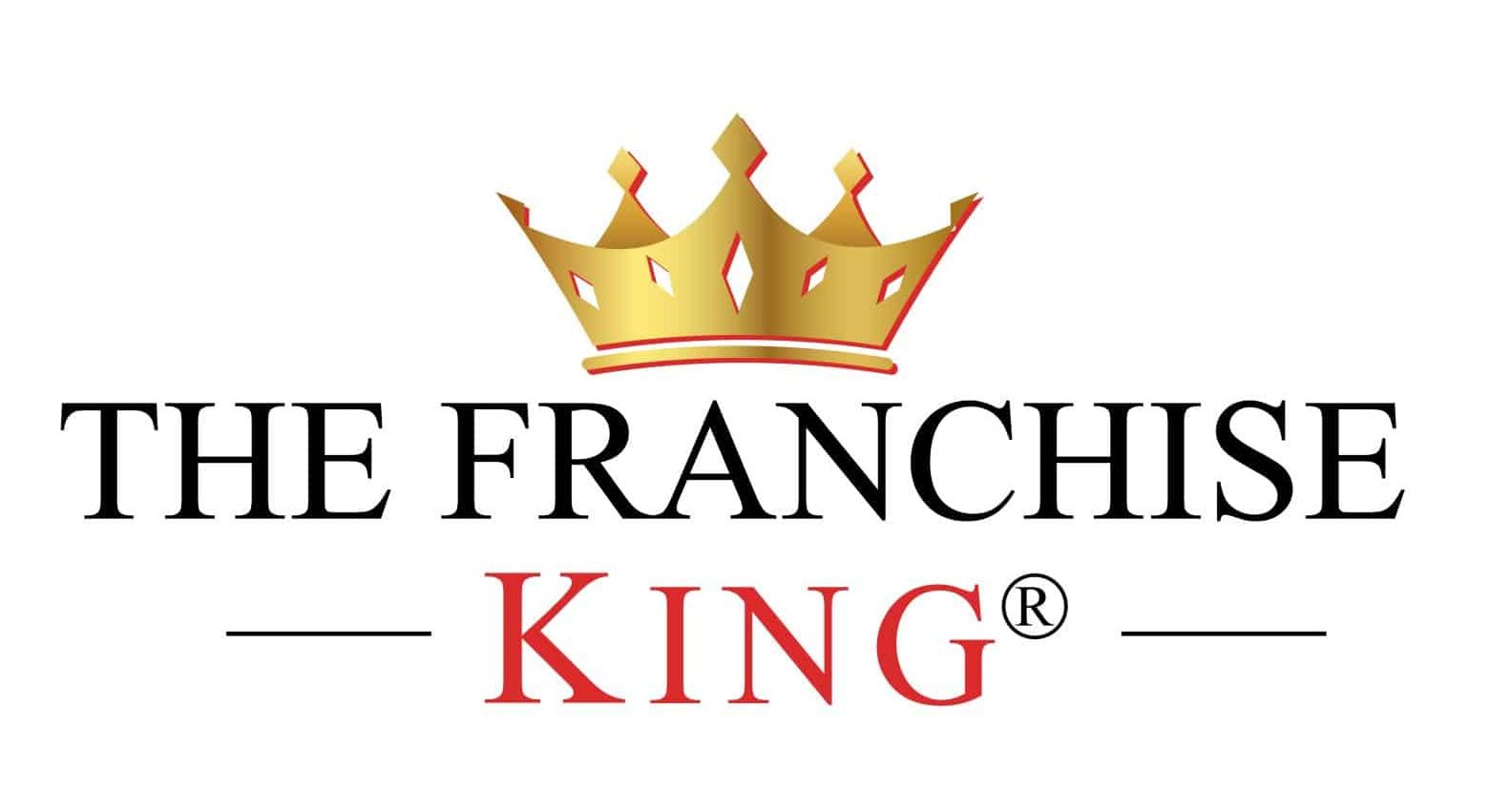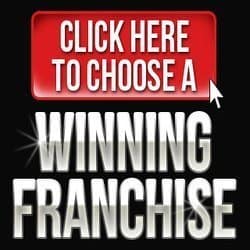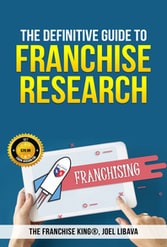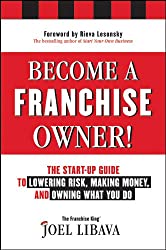Canada has a thriving franchise industry, and a Canadian franchise attorney Tony Wilson points out 3 advantages of franchise ownership;
- Training in the business model. "They're training you to use their
system; training is a huge component in franchising," Wilson says.
- Access to a trademark and brand advertising. "That's what franchisees should expect — to get the benefit of the brand."
- Joint purchasing power. "If you're in a buying group with 16 other
restaurants, you're going to get your food cheaper than if you're one
restaurant buying your product by yourself," Wilson explains.
Wilson recently wrote, "Buying a Franchise in Canada: Understanding And Negotiating Your Franchise Agreement." Some of the franchise laws in the book only apply to Canadian franchisors.
Wilson also said that "You never own the business, really. You're just renting it from somebody else." Article
If you have been reading my articles for awhile, you know that I am not a card-carrying member of the International Franchise Association, and that I show both the positive and the negative sides of franchising.
I must say that I totally disagree with Mr. Wilson's statement. You are not "renting a business," when you buy a franchise. You are buying a system, and if you are a good fit for that particular franchise concept, you go in with enough working capital, and you follow the plan, (Which you found out was a good one, because you did superb research) then you have a reasonably good chance of small business ownership success.
Renting a business? Great statement to increase readership of that article, but not true, Tony…
What do you think? Are you "renting a business" when you purchase a franchise?
About the Author
The Franchise King®, Joel Libava, is a leading franchise expert, author of "Become a Franchise Owner!" and "The Definitive Guide to Franchise Research." Featured in outlets like The New York Times, CNBC, and Franchise Direct, Joel’s no-nonsense approach as a trusted Franchise Ownership Advisor helps aspiring franchisees make smart, informed decisions in their journey to franchise ownership. He owns and operates this franchise blog.
Note: When you buy through links on this website, we may earn an affiliate commission.








